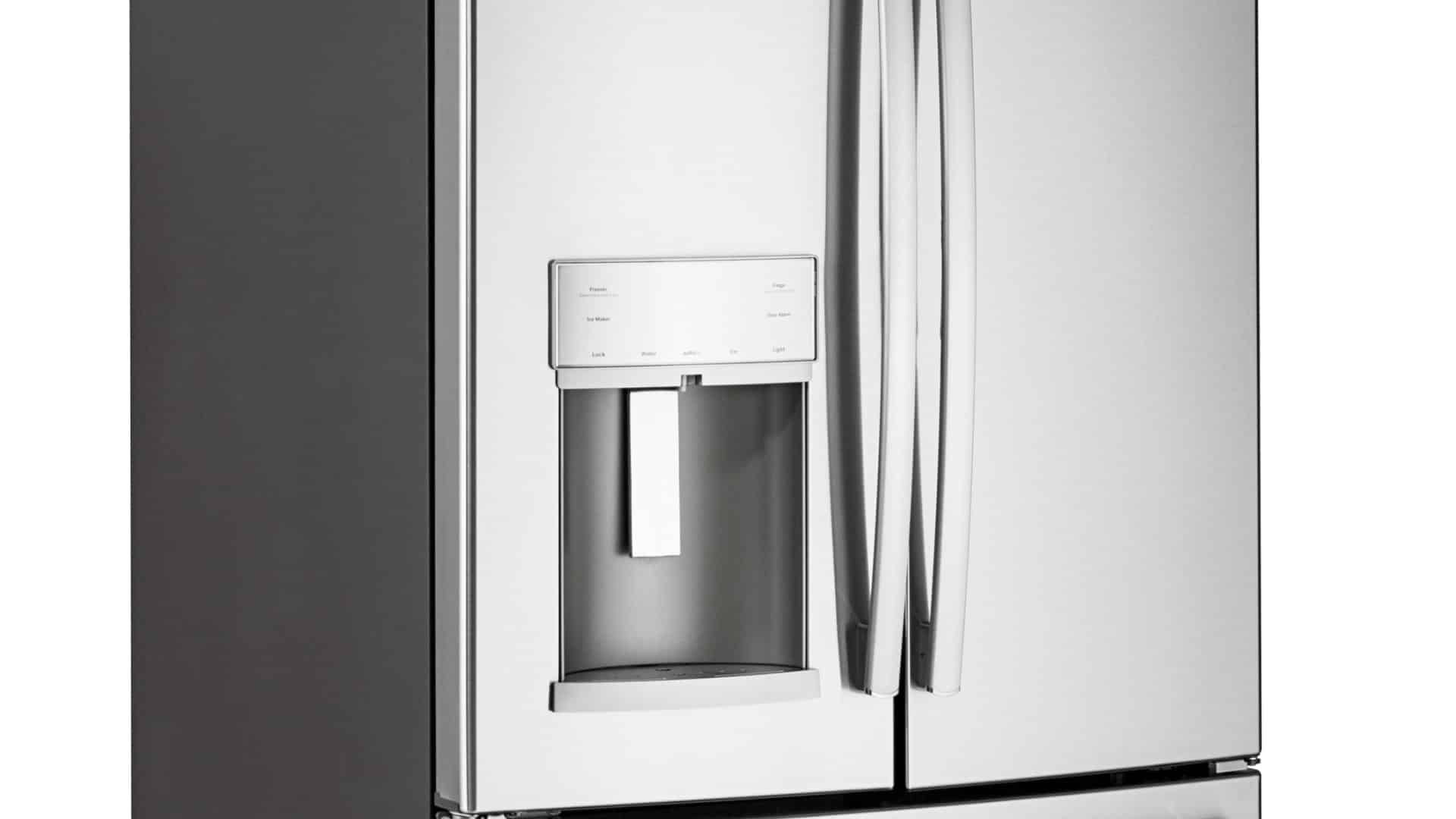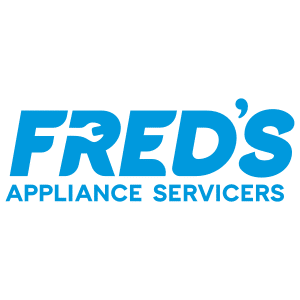When it comes to taking care of a new oven, it is sometimes all too easy to overlook the one action that could be the most important–keeping it clean. We all know that keeping an oven clean is vital for health and sanitary reasons. After all, who wants to eat food prepared in a dirty oven? Not only is there the risk of contaminating food with old, baked on grime, but an oven with a lot of food debris and char can cause smoke, which will give the dishes cooked inside an unpleasant flavor.
A clean oven is also important for basic safety reasons. Grease spills left to sit can ignite if not taken care of promptly, causing dangerous grease fires and oven damage. Some spills can smolder in an oven making fumes and smoke that can cause eye and lung irritation for those cooking, or in the vicinity of the kitchen. Keeping an oven clean can not only keep a kitchen, and the food prepared in the kitchen sanitary, but can help keep cooks safer in the kitchen as well.
All of these are excellent reasons to routinely clean a new oven, but did you know that a regular, proper cleaning can also increase the longevity and accuracy of an oven? Just like keeping a car engine clean and in good working shape, how clean an oven is can effect everything from how even the internal temperature of an oven remains during cooking, to how long it takes to pre-heat. An oven coated in char and grime from previous meals will have to work harder to both achieve and maintain the correct temperature while cooking dishes, causing more wear and tear than would normally occur in a cleaner appliance. All of this leads to a significantly decreased lifespan of a new appliance.
In order to keep an oven working at peak performance for longer, make sure to clean the appliance at least once every two to twelve weeks. In between cleanings, wipe down big spills each time they occur (once the oven is completely cooled). Of course, how to clean an oven really depends on personal preferences. Most ovens come with a self-cleaning feature that cooks food and residue off at a very high temp leaving a char that can be vacuumed, or swept out after the long, intense cleaning period. This method is popular because it allows an oven to do most of the dirty work on its own and doesn’t use harsh smelling, or dangerous chemicals in the process. However, self cleaning features on an oven are often more damaging that helpful and can lead to burned out fuses and/or control panels due to the intense heat that is employed during cleaning. For most lower to mid-end models, the heat of a self-clean cycle might be more trouble than it is worth.
Cleaning with standard chemical cleaners sold in stores will achieve a clean oven with a little time and elbow grease. Unfortunately, the harsh chemicals and noxious fumes can create irritation and breathing concerns for many.
For a clean oven the safe, and natural way–without nasty fumes, or the damage caused with the heat of the self cleaning feature, try using more nature and people friendly ingredients for “DIY” cleaning compounds. A baking soda and water paste spread in a thin layer inside your entire oven and left overnight will work wonders on spills and caked on food. Just scrape the grime away the next day with a rubber spatula and final wipe with a damp sponge. Liberally spraying an oven heated to around 130 degrees with vinegar and then sprinkling salt, or baking soda on spills is another natural cleaning alternative. Just wipe mess and grime away once the oven is completely cooled.
No matter how you choose to keep your oven clean and working at its peak performance, know that Fred’s Appliance and our oven appliance repair service will always be there for any oven repairs you may need during your oven’s lifetime. Contact us today to hear more about how our factory trained technicians can get your appliances running like new and keep them that way!
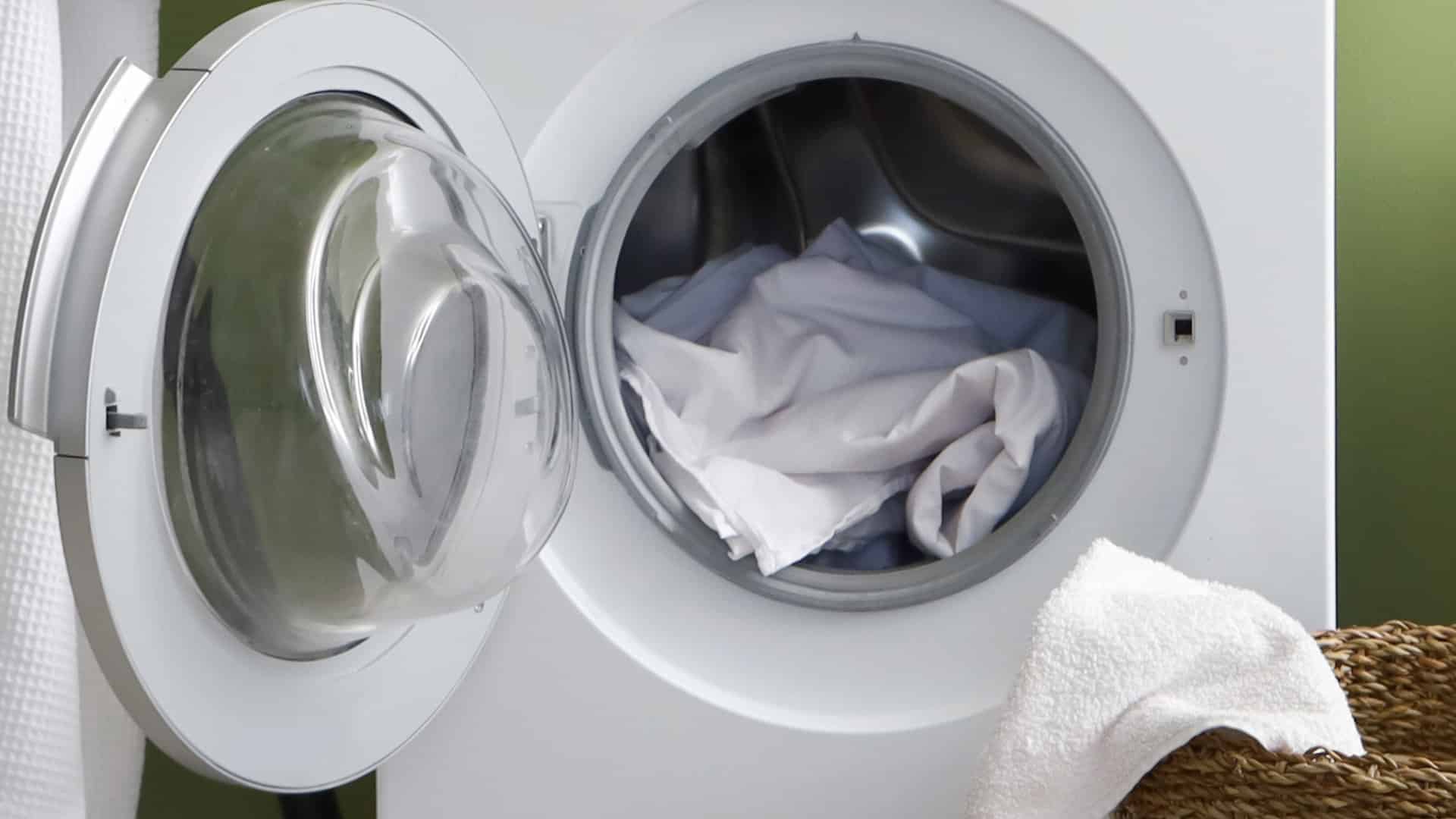
Whirlpool Washer Error Codes Explained
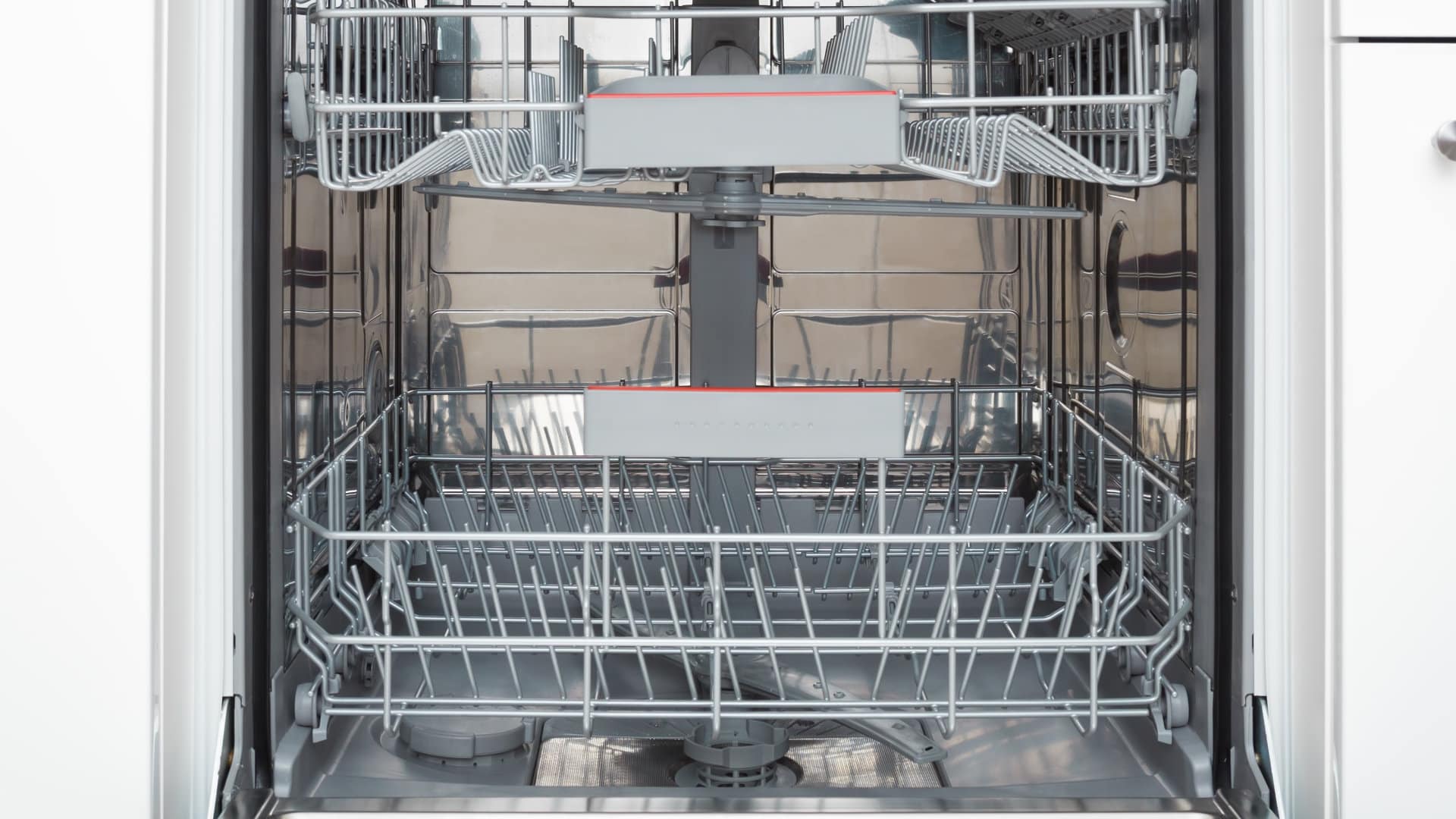
How to Wash a Hat in the Dishwasher (In 5 Steps)
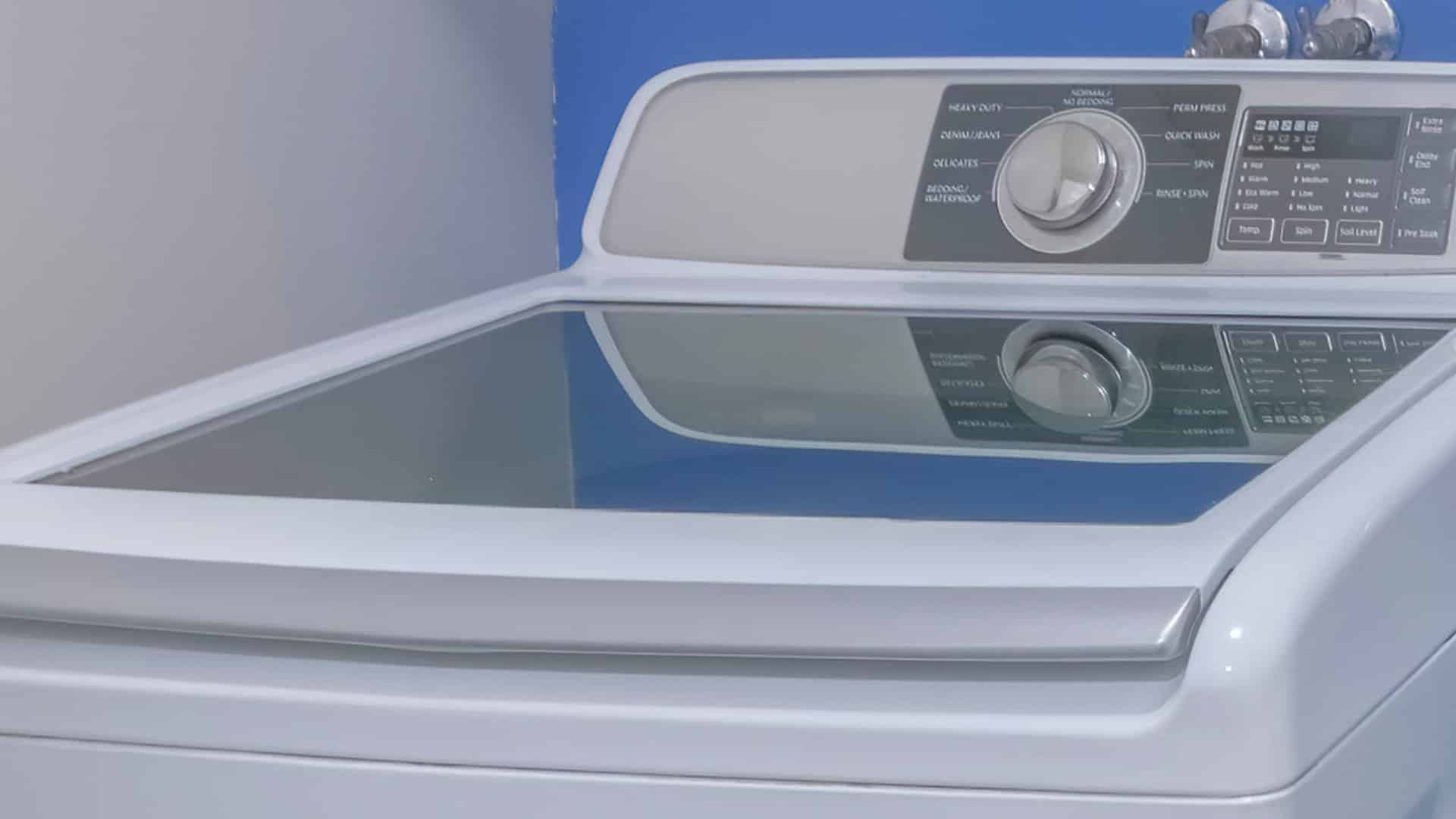
How to Fix the nF Error Code on a Samsung Washer
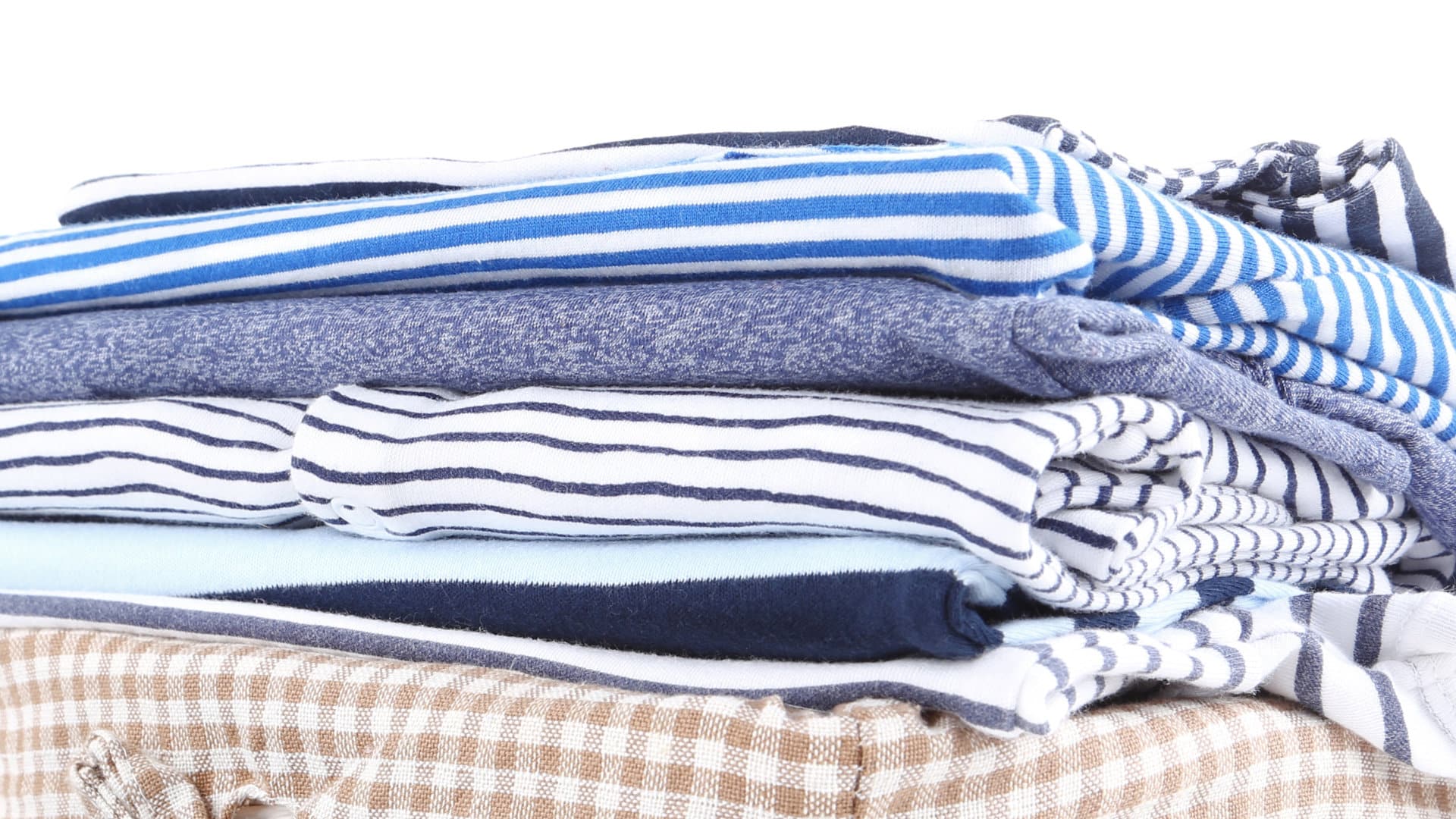
Kenmore Elite Dryer Issues: How To Troubleshoot
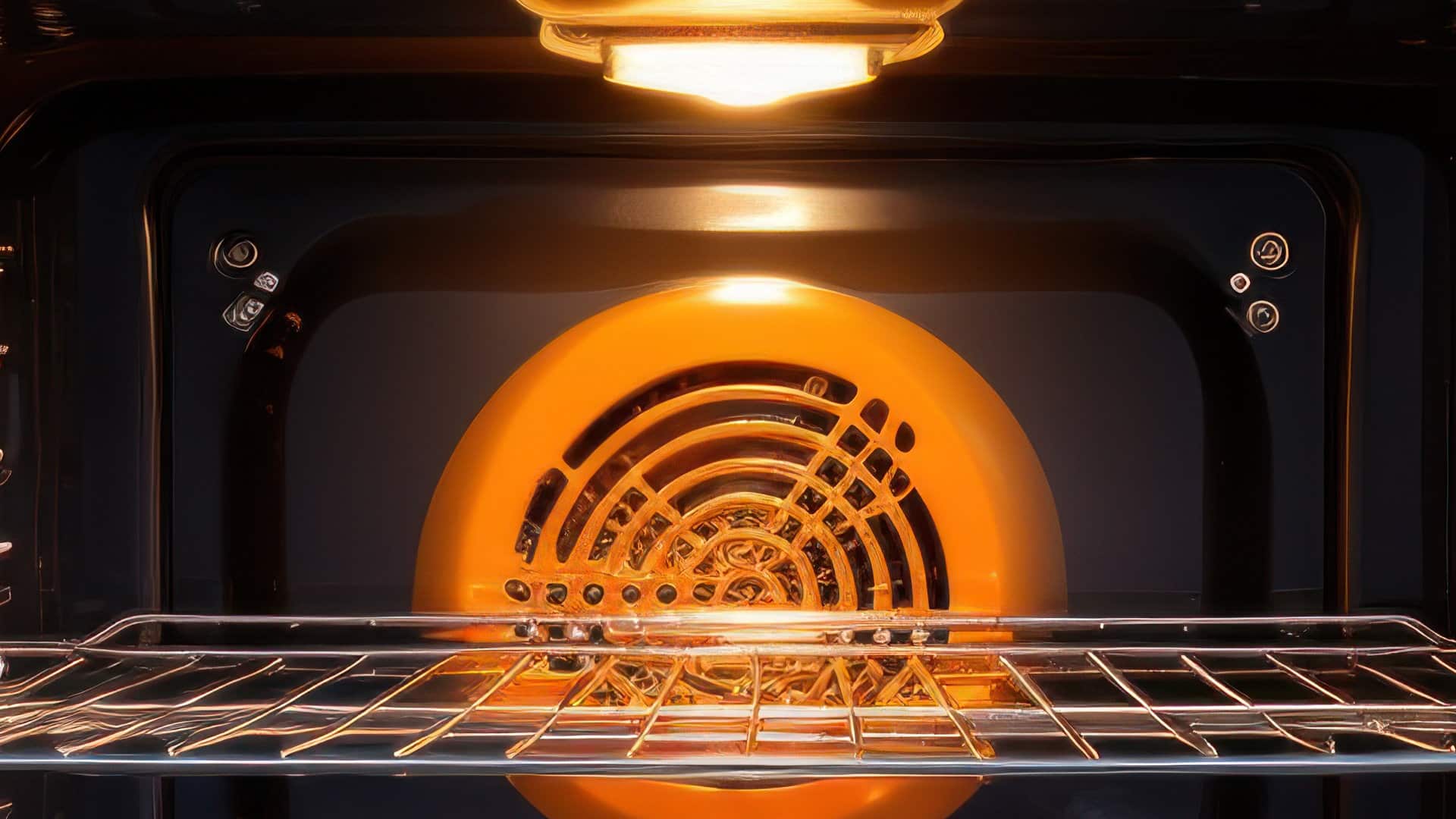
Microwave vs. Oven: Pros and Cons and How They Differ
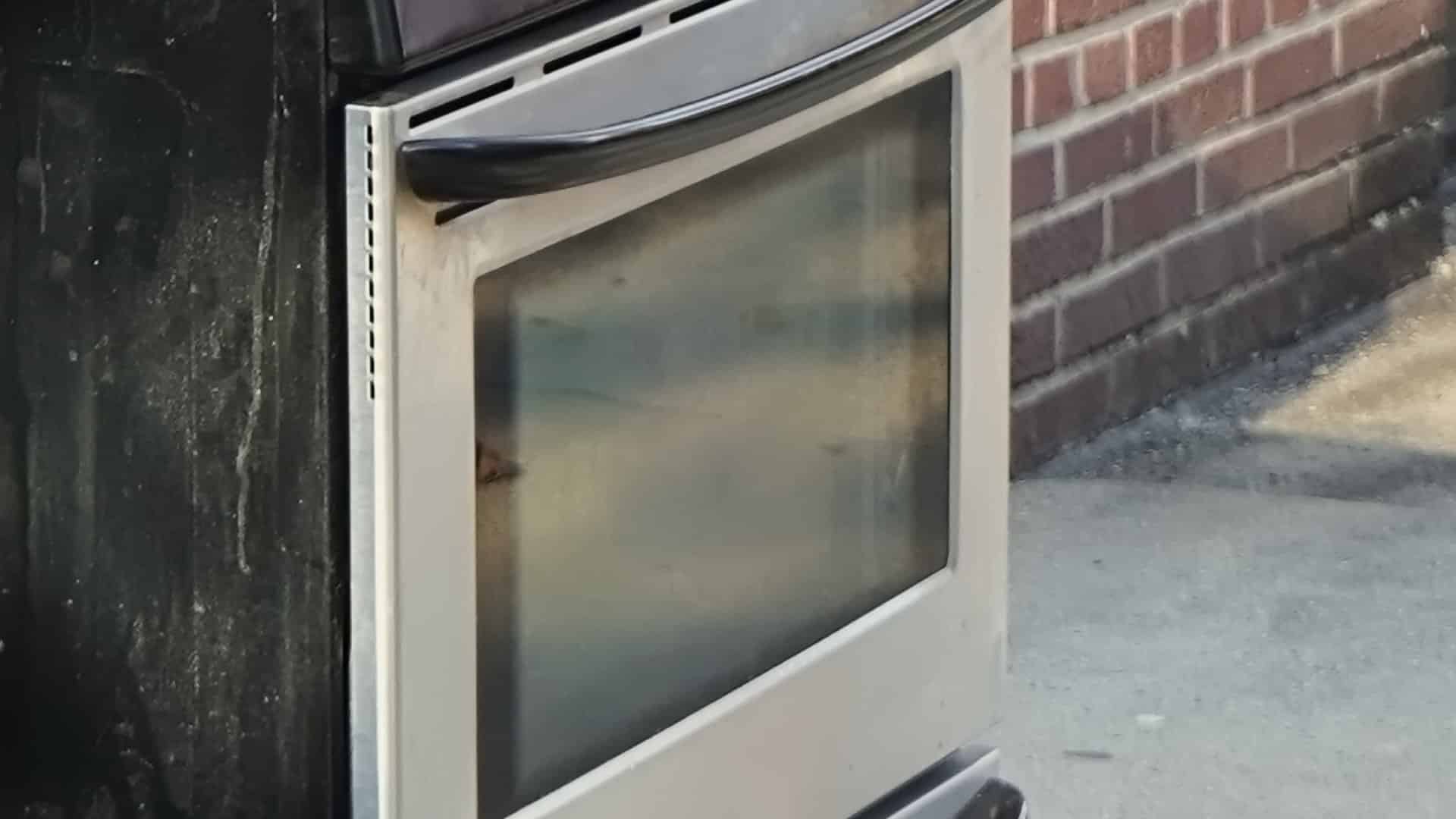
Self-Cleaning Oven Smell: Causes & Odor Reduction Tips
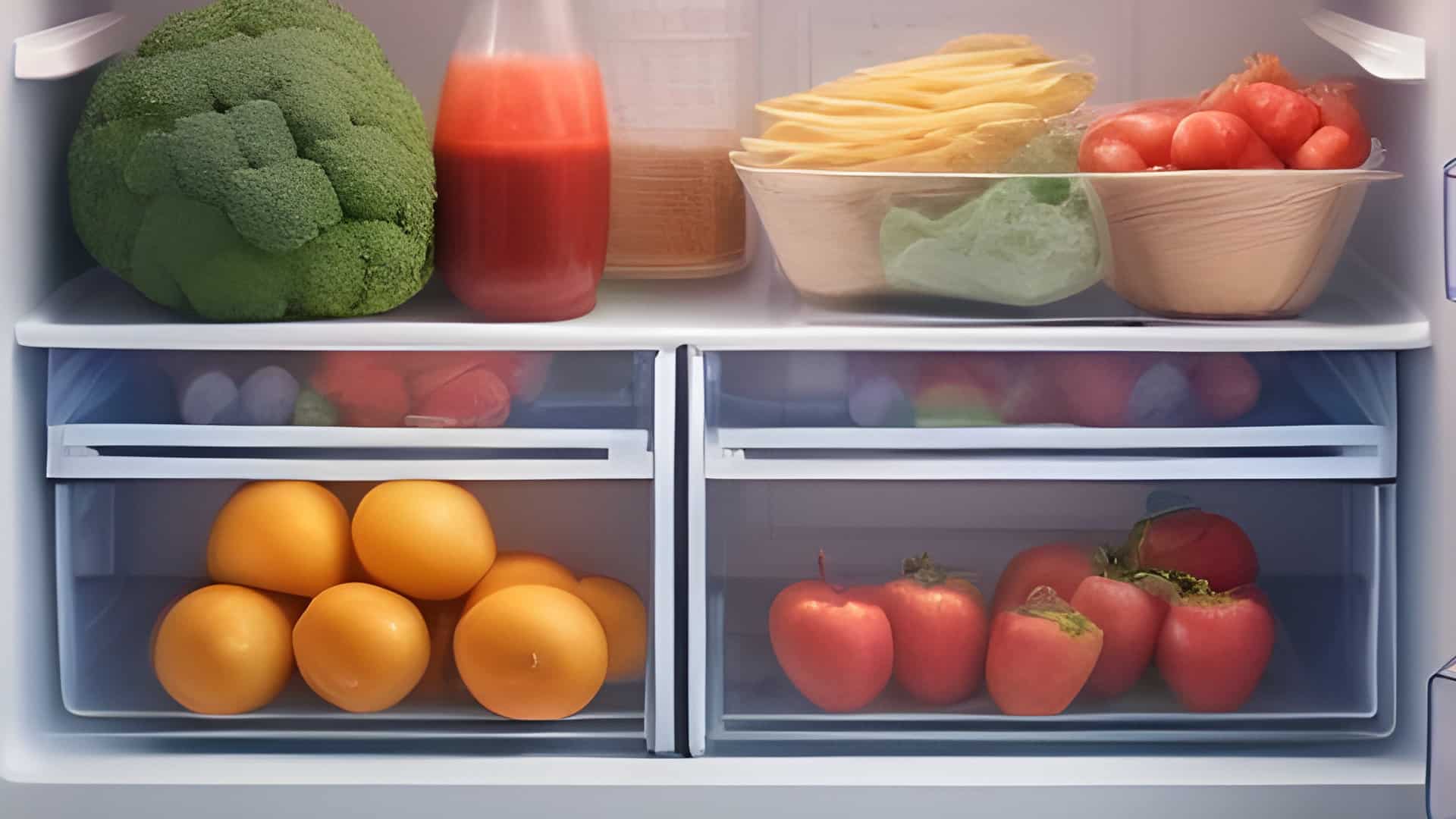
Frigidaire Ice Maker Not Working? 7 Ways to Fix It
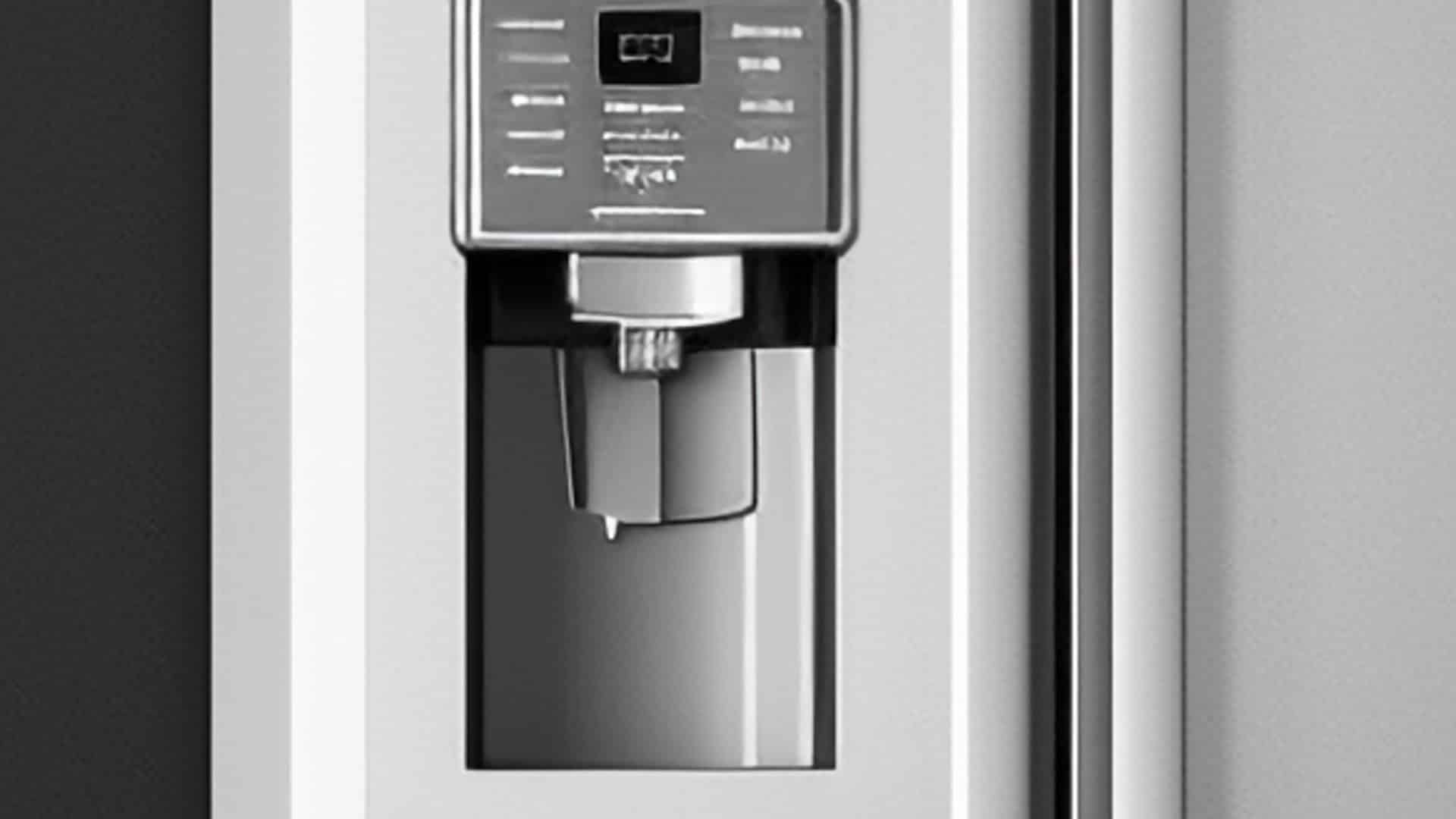
Why Is Your LG Refrigerator Not Cooling? (9 Common Reasons)
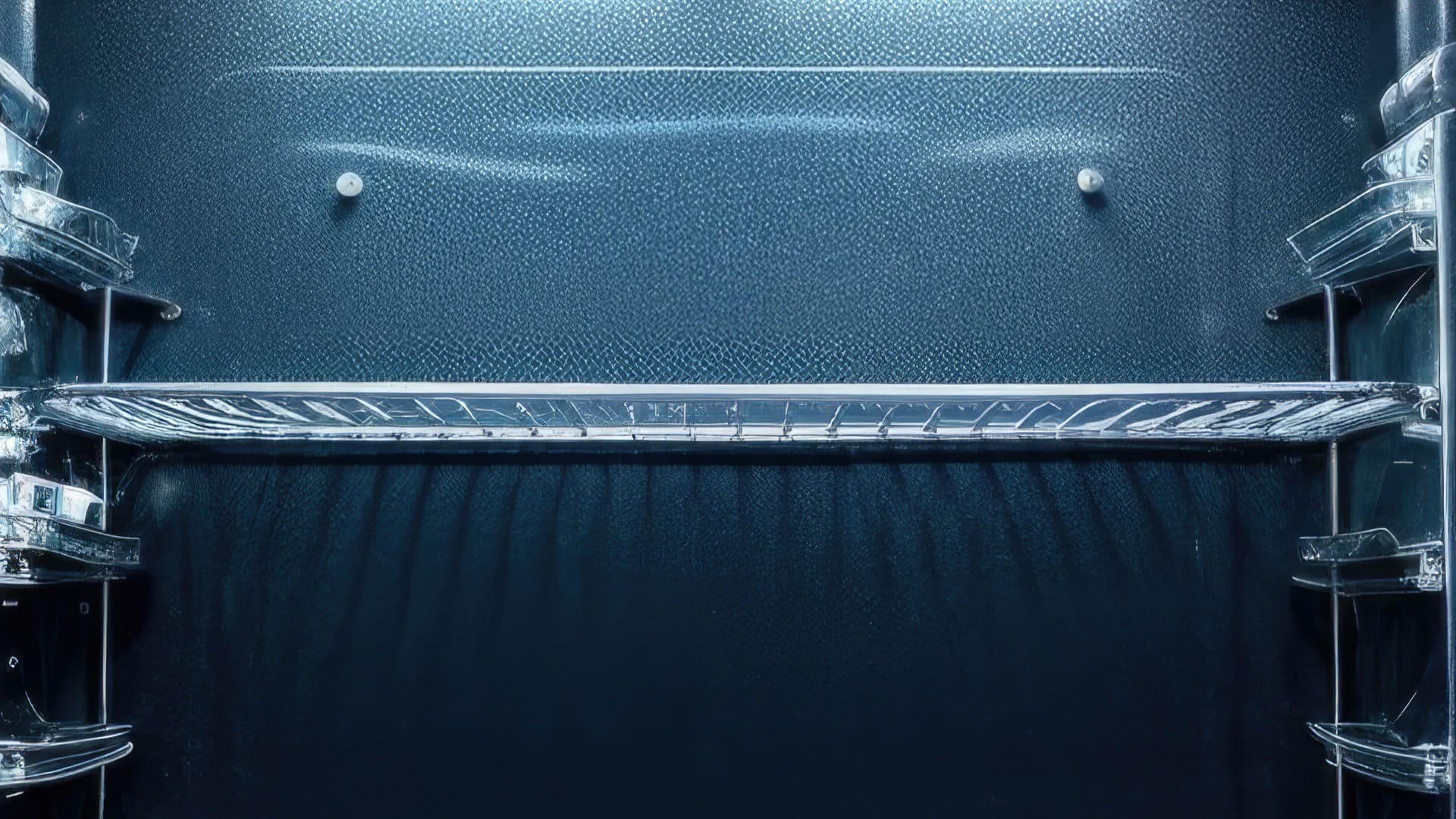
GE Oven F2 Error: Causes & Solutions
